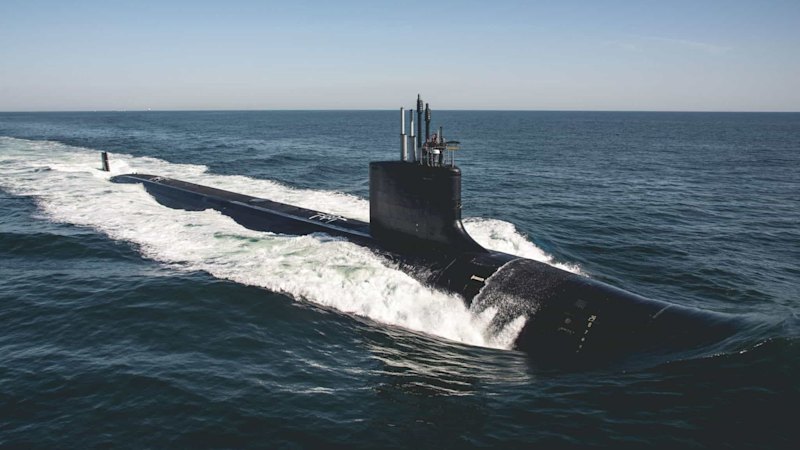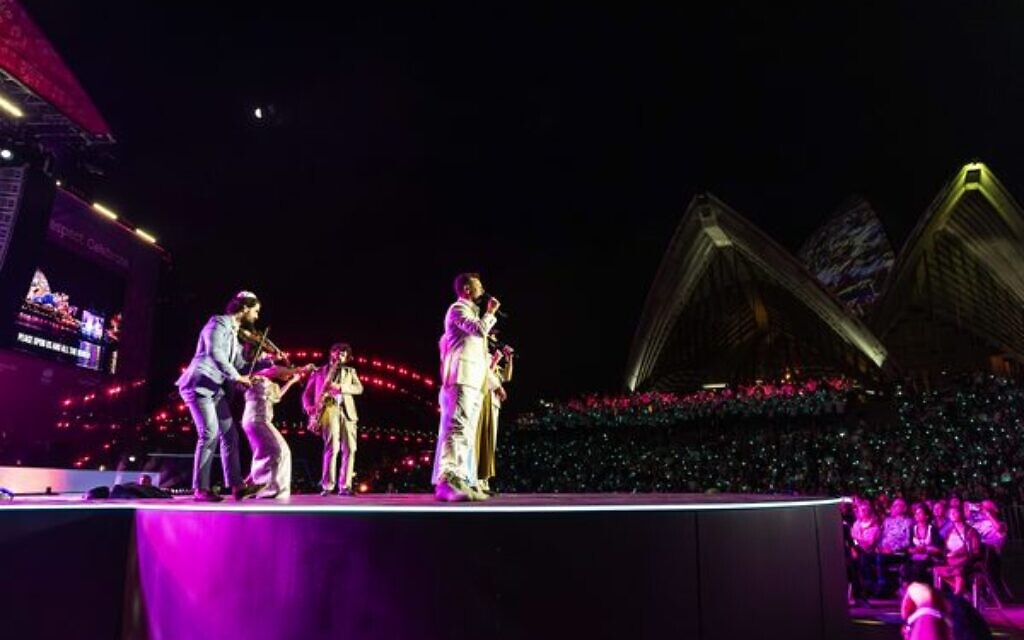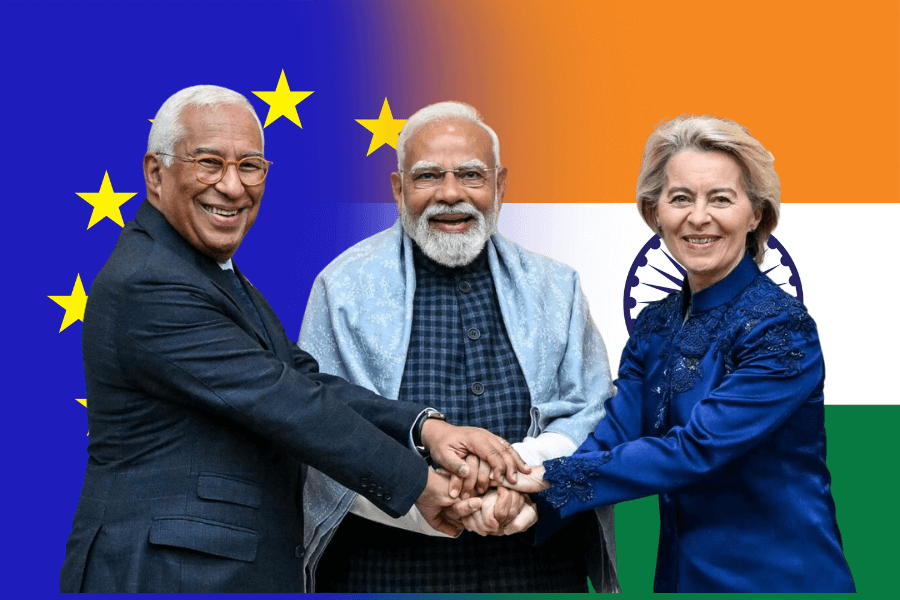
Tensions are rising as the United States considers establishing a naval base in Australia, coinciding with criticism of the Israeli parliament’s recent vote to annex parts of the West Bank. The move, which has significant geopolitical implications, highlights the complexities of international relations in the Indo-Pacific region and the Middle East.
On October 23, 2023, US Vice President JD Vance and Secretary of State Marco Rubio condemned the Israeli Knesset’s preliminary approval of a bill to apply Israeli law to the occupied West Bank. Vance characterized the vote as a “very stupid political stunt,” emphasizing that such actions could undermine peace efforts in the region. Rubio echoed these sentiments, warning that the annexation could jeopardize former President Donald Trump‘s peace plan for Gaza.
Israeli Prime Minister Benjamin Netanyahu responded to the backlash, describing the vote as a “deliberate political provocation” by the opposition. Netanyahu’s office clarified that his right-wing coalition did not support the bill and that its advancement was unlikely without their backing. “If it was a political stunt, it was a very stupid political stunt and I personally take some insult,” Vance stated to reporters, reaffirming the stance that the West Bank would not be annexed by Israel.
US Naval Base Plans Linked to AUKUS Agreement
Simultaneously, the United States is exploring the use of Australia’s largest naval base as part of a broader review of the AUKUS pact. This initiative aims to enhance American military presence in the Indo-Pacific, particularly in light of growing tensions with China. During a recent meeting at the White House between President Trump and Australian Prime Minister Anthony Albanese, US Navy Secretary John Phelan indicated the need to clarify certain aspects of the AUKUS agreement.
Under the current plan, the US intends to rotate up to four nuclear-powered submarines through HMAS Stirling in Western Australia starting in 2027. This location is strategically positioned closer to key Asian nations than the US Pacific fleet headquarters in Hawaii, enhancing the US’s ability to project power in the Indian Ocean.
Australian officials remain uncertain about the specific ambiguities Phelan referenced, but they anticipate that strengthening the naval presence at HMAS Stirling is a likely objective. This development not only underscores Australia’s growing role in regional security but also reflects the United States’ commitment to countering Chinese influence.
As these international dynamics unfold, the implications for both Australian and global geopolitics remain significant. The actions taken by the US and its allies will likely shape the strategic landscape in the Indo-Pacific and beyond.
Good morning and welcome to our national news coverage for October 24, 2023. This developing situation continues to draw attention as key stakeholders navigate the complexities of diplomacy and security.







